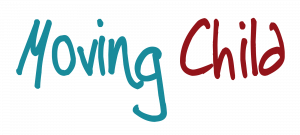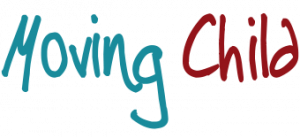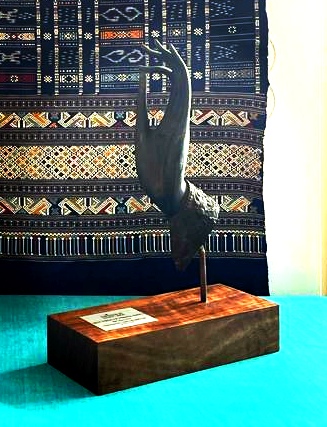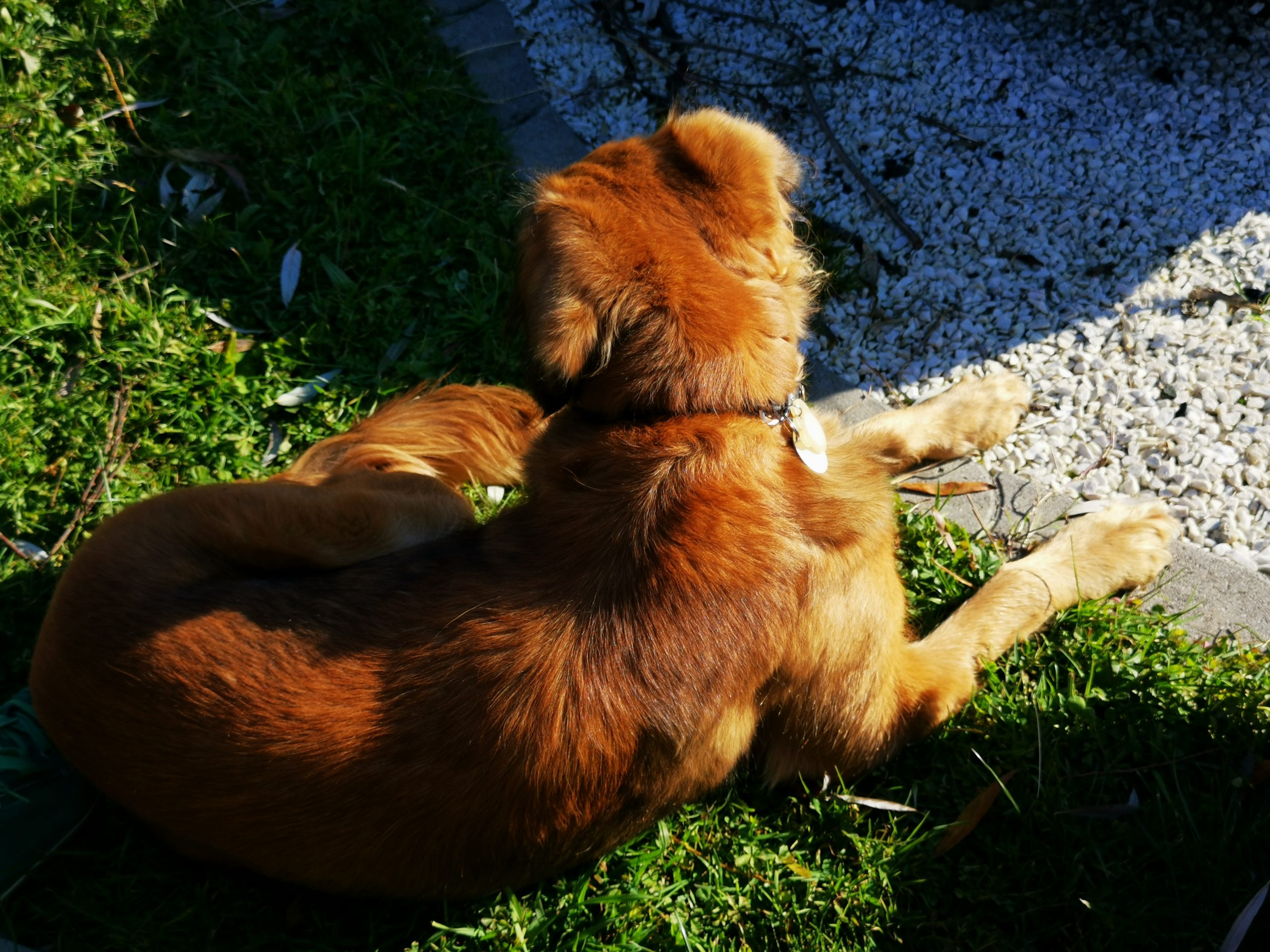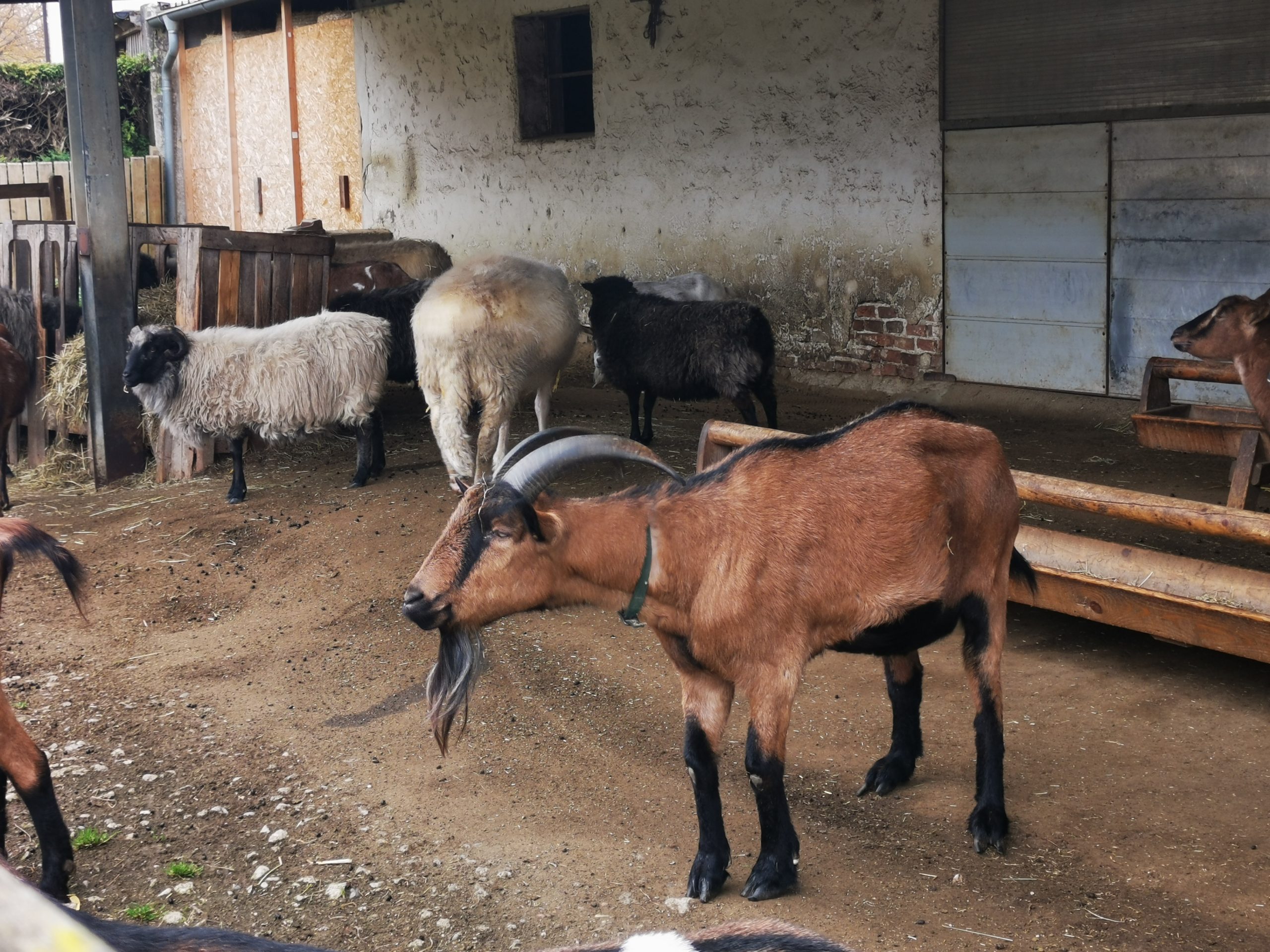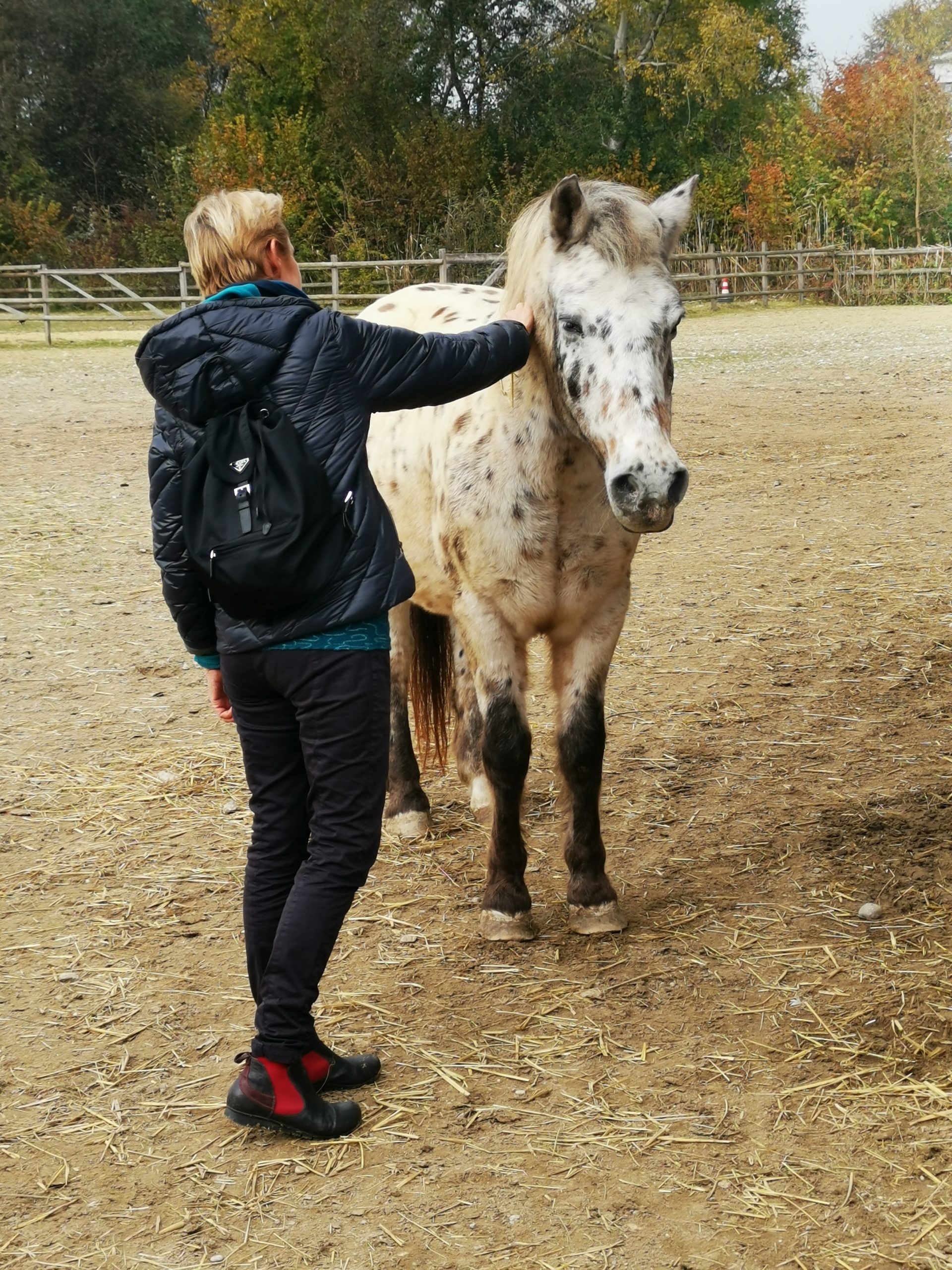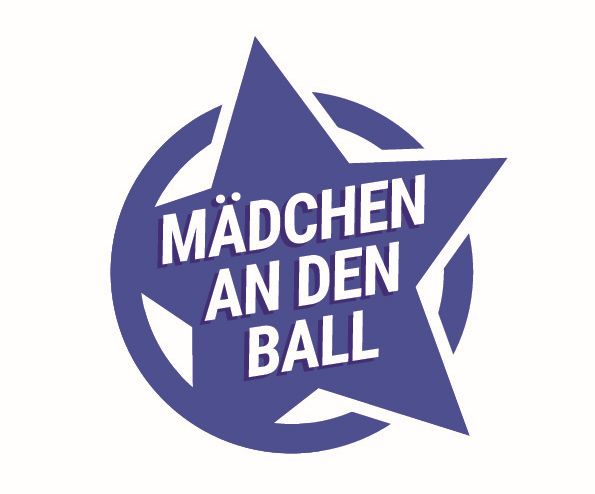Moving Child receives an award for long-standing social commitment
This summer, Moving Child received a special honour. The organisation “Friends Without A Border” (FWAB) honoured Moving Child foundress and managing directors Anna Schulz-Dornburg and Gertraud Leimstättner for their decades of commitment and dedication to children in need and especially for their support of the Lao Friends Hospital for Children (LFHC) in Luang Prabang.
As part of the 2nd International Virtual Gala of the FWAB, Ms. Schulz-Dornburg and Ms. Leimstättner received this beautiful award for their long-standing and dedicated commitment to supporting financially and socially disadvantaged children all over the world.
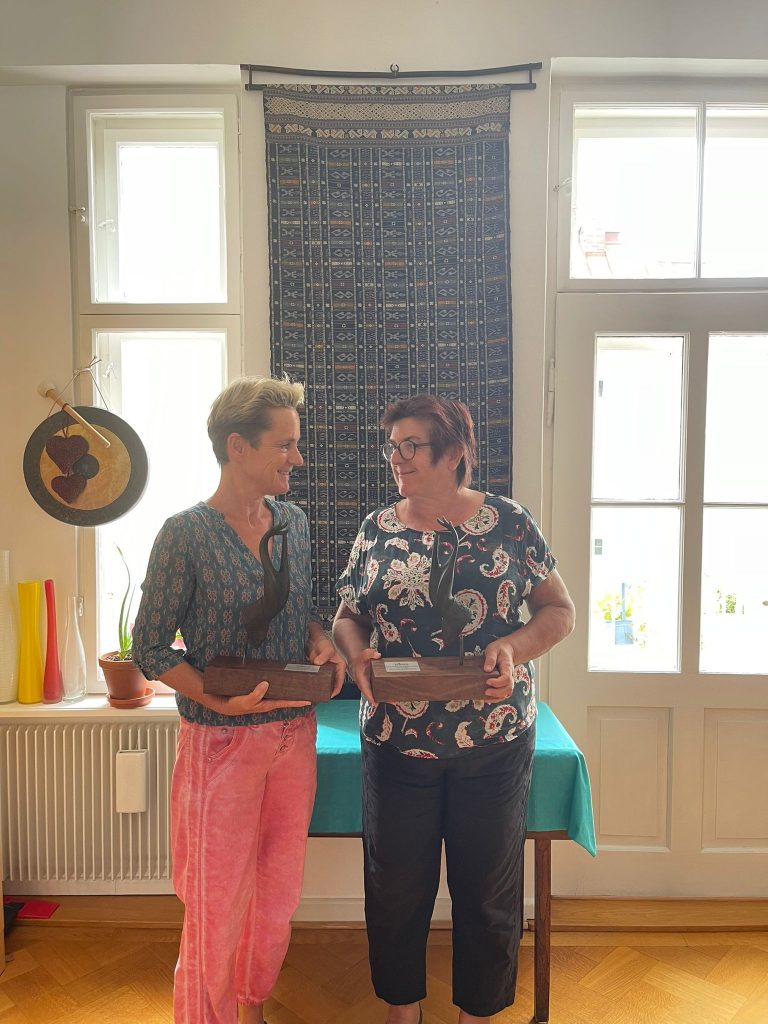
Moving Child was founded in 2010 with the aim of supporting babies, children and adolescents who lack access to important resources such as basic health care, school education and training or creative and body work. Since the start of the foundation, more than 30 projects have been funded by Moving Child. These include exciting and diverse projects such as the support of orphans in Nepal (Hands with Hands e.V.), the trauma workshop of an international Montessori school (Campus di Monaco) and supporting the Child-Life Specialists (Care-For-Rare Foundation) in Munich.
After two long years, Moving Child was finally able to visit the Lao Friends Hospital for Children in Laos in person this spring. Despite the extreme stress caused by the Corona Pandemic, the hospital has developed wonderfully. The medical training program was continued partly digitally and partly in person during this difficult time. This way the program stayed focused on the development of the independence of the Laotian doctors. Managing directors Schulz-Dornburg and Leimstättner were also able to get to know the new hospital director personally and experience the exciting developments at the hospital first hand.
“The distinguishing feature of Moving Child is the close and very personal contact with the people and projects they support. FWAB can attest to this. Anna and Gertraud wandered into the Lao Friends Hospital for Children’s Visitor Center in early 2017 and have been so connected to both the hospital and Luang Prabang since that time. They have funded our thalassemia clinic, our neonatal clinic and funded our first four-year educational training program for paediatricians. They have thrown a fundraiser for the hospital and always provide support in any way they can. Moving Child is a very important part of the Lao Friends Hospital for Children. We are delighted to celebrate them.
All the great work at LFHC is not possible without generous support from you! We sincerely thank you.”
– Nicole Pagourgis (Executive Director FWAB)
On May 19th the award was presented by Kenro Izu, the founder of FWAB, at the Virtual Gala. The event was a great success, and a lot of donations were raised for the children’s hospital. A video of the evening can be found following this LINK. The Moving Child tribute is at time stamp 1:24:00 – 1:28:20.
If you would like to donate, you may do so directly at www.FWAB.org/donate.
